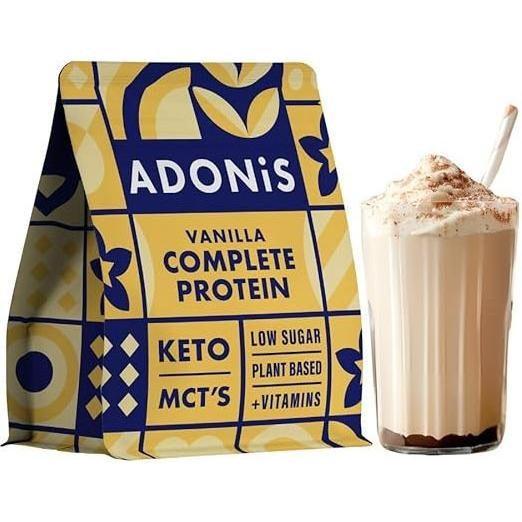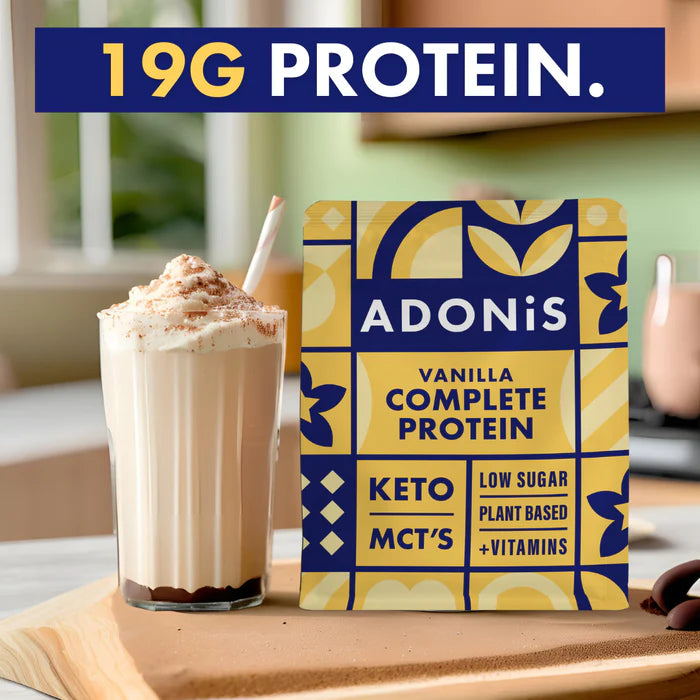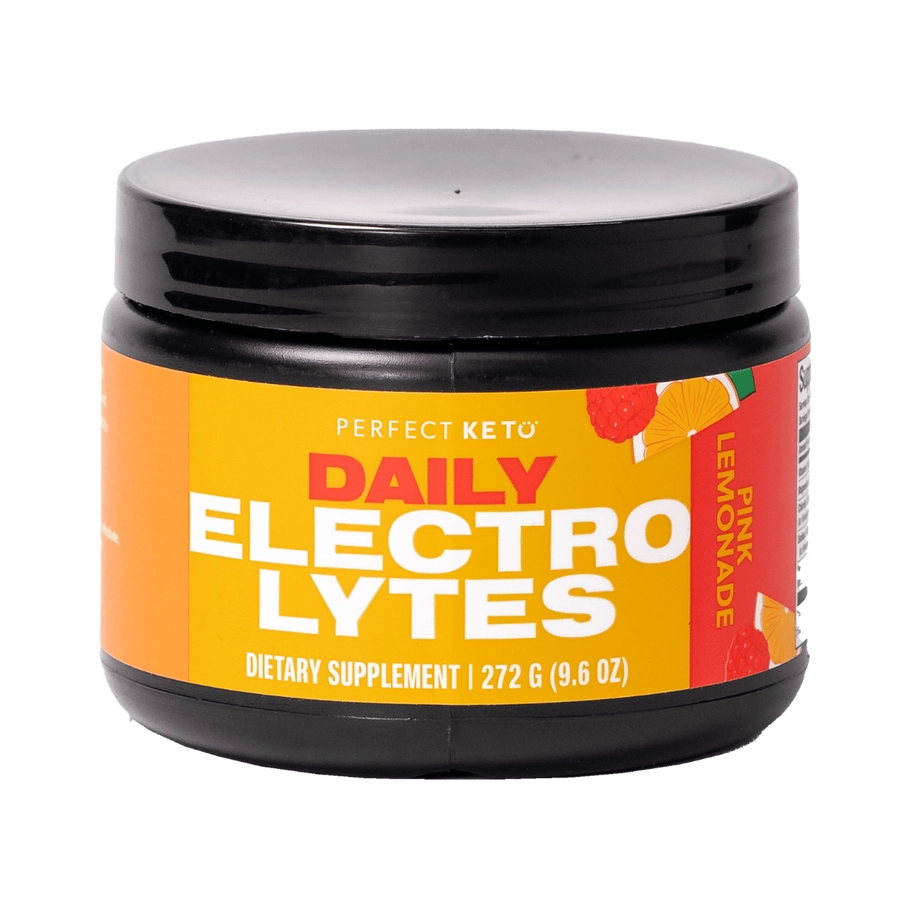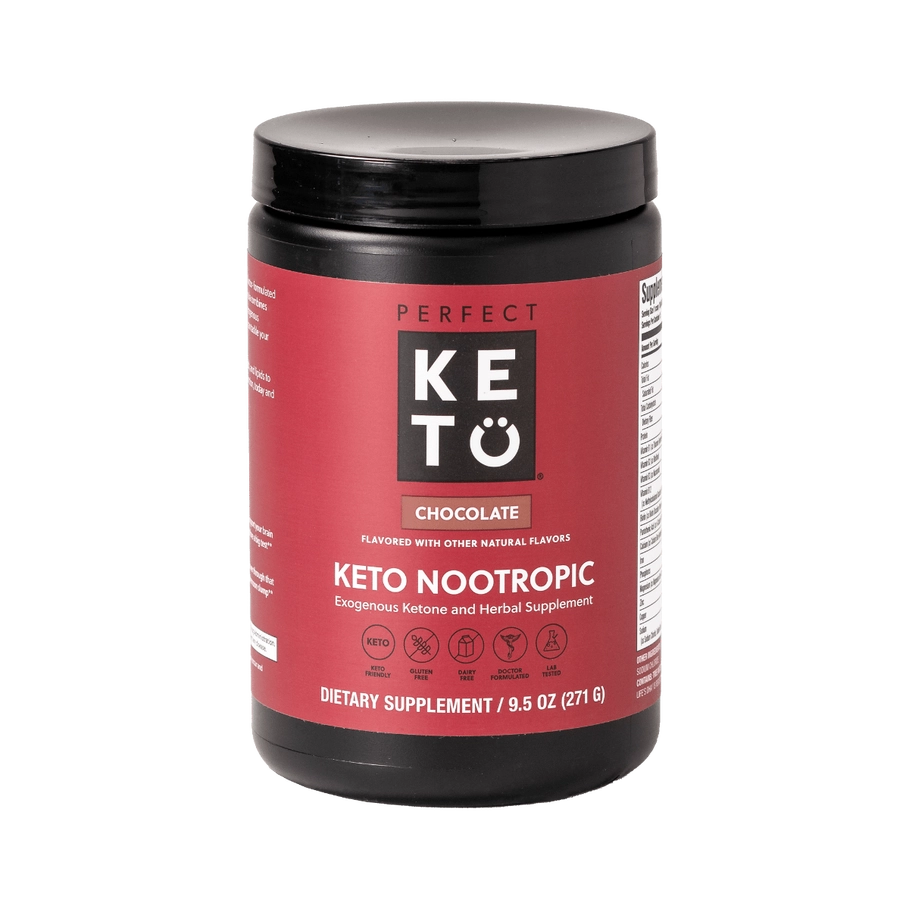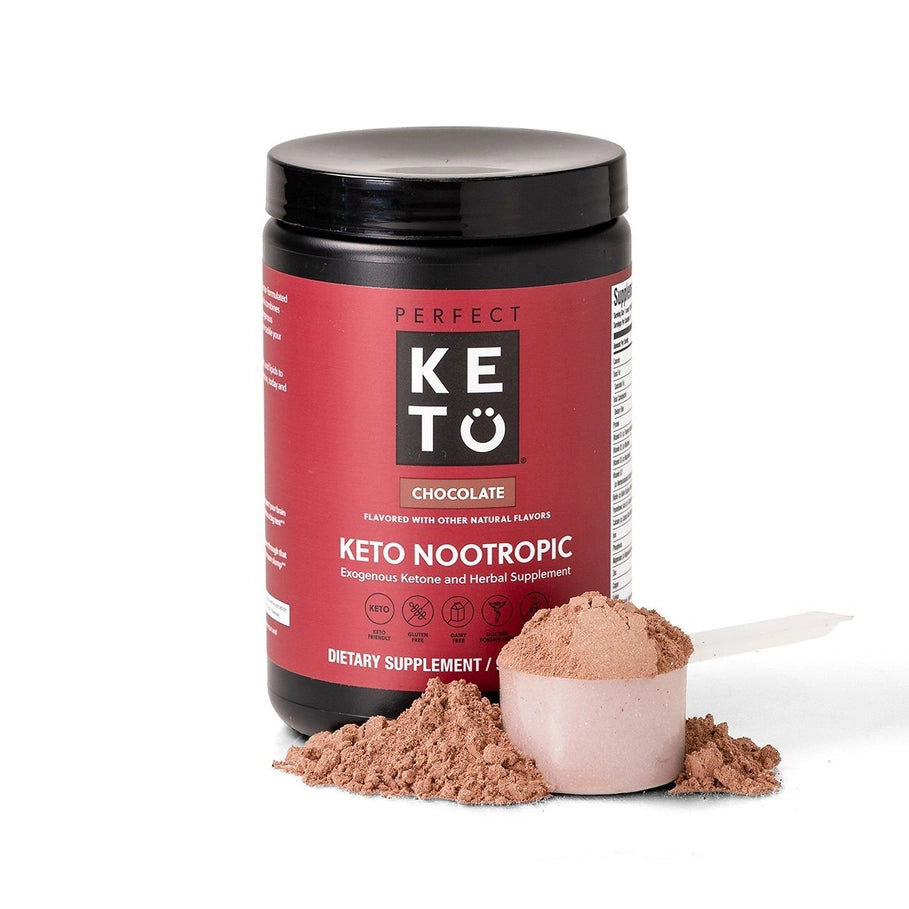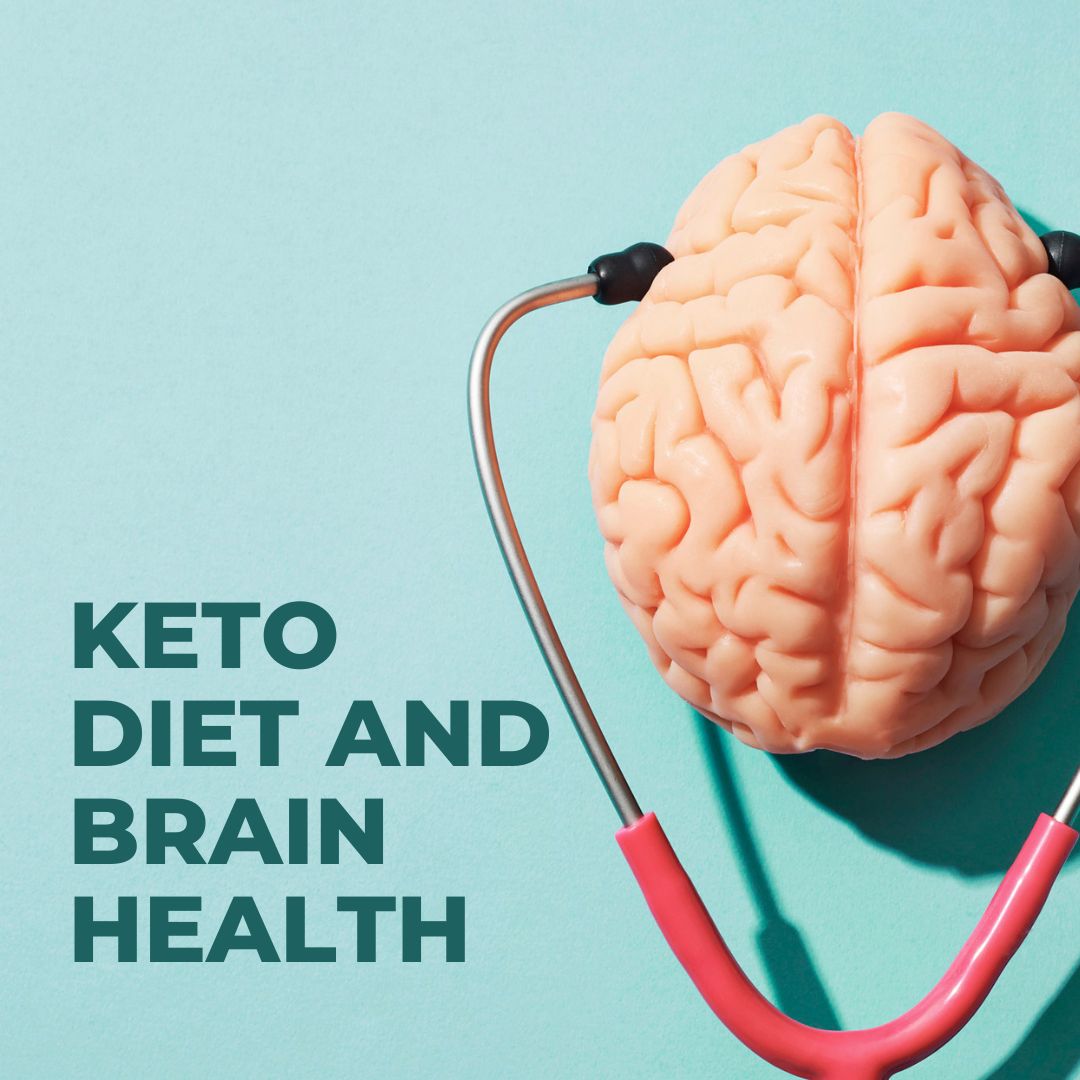
Keto Diet Benefits For Brain Health
Unveiling The Keto Diet Benefits For Brain Health
Discover the transformative power of the ketogenic diet on our most vital organ: the brain. Explore the science-backed keto diet benefits for brain health, from enhancing cognitive function to battling neurodegenerative disorders.
Understanding The Ketogenic Diet
The ketogenic or keto diet is a high-fat, moderate-protein, and low-carbohydrate diet. It was initially devised to mimic the biochemical alterations associated with fasting or periods of limited food availability1. Under normal metabolic circumstances, carbohydrates in food convert into glucose, the body's preferred substrate for energy production2. However, in specific situations like fasting, glucose is unavailable due to the diet's insufficient carbohydrates to meet metabolic needs. As a result, fatty acid oxidation becomes favored, and the liver converts fat into fatty acids and ketone bodies2. These ketone bodies: β-hydroxybutyrate, acetoacetate, and acetone, can enter the brain and serve as an efficient alternative fuel for brain cells2.
The keto diet is more than just a weight-loss diet. It's a brain health diet. The diet's ability to promote ketosis—where the body burns fat instead of sugar for fuel—has significant implications for brain health.
The Ketogenic Diet and Muscle Function
Research has shown that the ketogenic diet improves muscle function in older animals by preventing muscle mass loss due to age1. This diet not only prevents muscle deterioration but can also restore muscle function1. This points to the broad-reaching effects of the ketogenic diet on the body, extending beyond just weight loss.
The Ketogenic Diet's Impact on the Brain
The keto diet is not just about body and muscle health; it has far-reaching impacts on brain health too. It has been used for many years to treat epilepsy2 and other neurocognitive diseases2. Moreover, recent research is investigating whether a keto diet can help treat age-related neurological decline and potentially Alzheimer's disease2.
Ketosis and Brain Function
Ketosis, the process of burning fat for fuel, has multiple brain benefits. It's particularly beneficial in situations of carbohydrate scarcity, where the human brain needs additional fuel3. Ketones provide that additional fuel3. Ketosis also appears to have therapeutic benefits for a wide range of brain conditions, including Alzheimer’s disease (AD), Parkinson’s disease, and traumatic brain injury (TBI)2.
The Keto Diet and Alzheimer's Disease
Studies have shown a decrease risk of developing Alzheimer's disease in those consuming foods high in essential fatty acids2. It's possible that the ketogenic diet may confer greater neuroprotection in people with AD than normal or high-carbohydrate diets2.
The Keto Diet and Epilepsy
The ketogenic diet has been shown to be effective in reducing the duration and frequency of seizures in children with epilepsy2. The diet's anticonvulsant mechanisms are still being researched but may include increasing the synthesis of the neurotransmitter gamma-aminobutyric acid (GABA), leading to neuronal hyperpolarization2.
The Keto Diet and Brain Cancer
By starving cancer of its favorite fuel (glucose), the Keto diet may help with brain cancer3. In mice with glioblastoma, a ketogenic diet plus chemotherapy enhanced survival3.
The Keto Diet and Traumatic Brain Injury
When someone suffers a concussion, a cascade of immune cells rushes to the brain to heal the injury. Unfortunately, this response can also damage delicate brain cells. Keto may attenuate these effects3.
The Keto Diet and Brain Fog
Brain fog means difficulty concentrating, focusing, and thinking. It means not feeling like yourself. Keto may ameliorate brain fog by increasing levels of ketones, which are directly taken up by the brain, preventing the cognitively damaging state of high blood sugar3, and decreasing inflammation3.
The Keto Diet and Cognitive Function in Aging
As we age, certain measures of cognitive performance decline. This is even true in people without dementia. Keto may improve some of these measures3. In one study, elderly adults without dementia performed better on a series of cognitive tests while in ketosis3.
The Keto Diet and Neurodegenerative Diseases
Alzheimer’s disease and Parkinson’s disease are the two most common neurodegenerative diseases4. By itself, Alzheimer’s is the sixth leading killer in the US4.The keto diet has shown potential benefits in managing both diseases4.
The Keto Diet: A Brain Health Diet
In conclusion, the ketogenic diet is more than just a weight loss diet. It's a brain health diet. The diet's ability to promote ketosis—where the body burns fat instead of sugar for fuel—has significant implications for brain health. From enhancing cognitive function to battling neurodegenerative disorders, the keto diet benefits for the brain are wide-ranging and scientifically backed.

